On March 28, we published the story of what we called “the worst Christian sex abuse scandal you’ve never heard of.” We could have added “at one of the most important Christian institutions you’ve never heard of.”
It was the story of sexual predation at Kanakuk Kamps, one of the largest Christian camps in the United States—the summer camp of the Evangelical elite—and a superpredator named Pete Newman, a camp counselor who became a camp director who systematically abused boys by the dozens for more than a decade. In fact, the man who ultimately prosecuted Newman estimated that Newman may have had “hundreds” of victims. Newman is now serving two consecutive life sentences, plus 30 years.
Newman is behind bars, but the story is not over.
Despite the terrifying scale of Newman’s abuse and the importance of Kanakuk in American Evangelical culture, the story of Newman’s arrest and prosecution initially generated little media attention. The camp later entered into confidential settlement agreements and other forms of nondisclosure agreements that silenced its many victims.
Kanakuk was thus free to tell its own story about the scandal. That narrative largely exonerated the camp and created the impression the camp had no reason to believe Newman was a predator when it promoted him from counselor to camp director and hyped him as “the most thorough relationship builder with kids in Kanakuk history.”
The reality is quite different. The camp had ample reason to believe Newman was dangerous well before he was fired. He’d been repeatedly reported for grotesquely inappropriate conduct, and now we know from multiple sources that Newman’s direct supervisor tried to terminate him in 2003, six years before he was ultimately fired, and the camp overruled the supervisor’s decision. It affirmatively blocked an effort to hold Newman accountable for his misconduct and enabled years of additional predation.
In our first article, we chronicled how the camp ignored red flag after red flag, including reports Newman ran nude with young boys, played basketball nude with young boys, rode on four-wheelers nude with young boys, and swam nude with young boys. We included emails, deposition excerpts, and legal complaints detailing what camp leaders knew and when they knew it, including Newman’s multiple promotions even after reports of his nude misconduct with campers. We also published follow-up reports detailing the camp’s extensive efforts to silence victims and prevent families from going public with their stories.
Yet in a videotaped deposition we obtained, Kanakuk chief executive officer Joe White claimed Newman’s predation wasn’t “even on our radar.”
When attorney Linda Turley deposed White in 2012, she asked whether firing Newman was an “option available” after a nude four-wheeling incident was reported in 1999. White responded that it was, in fact, an option. He went on to say that he didn’t fire Newman, because a “top measure of success” was the number of children the directors successfully encouraged to do Bible studies. Newman excelled at this metric.
White also explained he was not “involved in the … day to day” operations of the camp. “I’ve always had a team of directors who produce the playbook [a guide for counselor conduct], and who train the counselors. … My management style is to hire good folks, and to trust them with the jobs they have.”
He particularly extolled the qualities of Newman’s direct supervisor, Will Cunningham. “My experience has not been identifying sexual predators,” White admits, but Cunningham was a licensed counselor whom he believed would be well-equipped to tell if one of their employees was a pedophile. “In my opinion, I believe Will would be excellent at that,” White said.
White claimed that Cunningham “knew Pete [Newman] better than anybody.” The implication was clear— White didn’t act because he was relying on Cunningham. Yet we have since uncovered evidence that the camp did not rely on Cunningham. It overruled Cunningham and blocked his recommendation to fire Newman.
“I know Will recommended he be fired in 2003, and he may have even recommended it in 1999 as well,” says Vicki Morgan, who was Joe White’s personal secretary at the time. “Will even banned Pete from attending leadership weekend during the spring of 2003 and actually appointed a different assistant director to replace Pete. However, after the leadership weekend, Will was informed that Pete would not be fired and that he would be the assistant director at K-Kountry after all.” (Kanakuk has many different camps, divided by age and duration of stay.)
In other words, Kanakuk leadership overruled Cunningham’s recommendation and allowed Newman to stay, giving Pete an additional six more years of access to children.
“Will Cunningham was Pete’s supervisor for years,” says a former Kanakuk director, who spoke on the condition of anonymity. There was a time—after Pete was nude-four-wheeling with campers—that Will wanted to let Pete go. Will brought it to the attention of the Kanakuk authorities, but the powers that be rejected Will’s recommendation to fire Pete. Instead, they insisted Pete stay.”
When asked to respond to questions about White’s role and the role of senior camp leaders in retaining Newman, the camp, through counsel, refused to comment.
In response to questions we sent him via email, Cunningham confirmed that he recommended Kanakuk fire Newman in 2003 after the nude incidents with children.
In spite of these repeated recommendations, warnings, confessions of nude activities, and reports of misconduct, Kanakuk featured Newman in camp-related activities and promotions. Newman was featured on the Kanakuk Kamp website, in written materials and at father-son events. He was sent on recruitment trips and featured in camp videos shown at recruitment events.
In 2009, Newman finally confessed some of his abuse after Toby Neugebauer, a Kanakuk father from Texas, learned that Newman attempted “to shower and sleep naked in the hotel bed” with a child that Neugebauer had sponsored for a retreat. Neugebauer confronted Newman and threatened to call the FBI unless Newman confessed. After Newman confessed to Kanakuk leadership, Neugebauer contacted White, the camp CEO. “I immediately reached out to Joe White,” Neugebauer told us. These conversations left him with a distinctively negative impression. “My perception was that Joe was ‘camp first, victims second.’ We had several fights where I begged, pleaded and demanded he do the right thing.”
According to Neugebauer, White said, “Toby, get on board. The devil’s trying to get us.” In his effort to minimize the problem, White claimed it was one incident with one person. Neugebauer says White refused to support an independent investigation and evaluation of the camp by an outside source. Instead, according to Neugebauer, White encouraged Neugebauer to forgive Newman and to “protect the camp” without calling the authorities.
After Newman’s confession, according to multiple families’ accounts, the camp sent victims’ families a copious amount of Kanakuk gear, PlayStations, iPads, iPhones, and snack baskets. They also reached out to victims directly, offering hunting trips and weekends away at White’s house. The camp offered free camp tuition to various victims—a policy still in place to this day—in an effort, as one person described, “to rediscover lost childhood.” Kanakuk COO Doug Goodwin, in a phone interview we conducted, explained that policy. “We wanted [the victims] to find healing via a counselor or the camp experience.”
In September 2009, six months after Newman confessed, he was arrested. He was later sentenced to two life sentences served consecutively, plus 30 years.
Despite the efforts of Kanakuk to keep victims and their advocates silent, we’re learning more. In November, Vice News broadcast a documentary that corroborated much of our reporting from March.
And our reporting continues. An online petition with more than 25,000 signatures calls for Kanakuk to release victims from nondisclosure agreements the camp presented over the years.
No one has resigned as a result of the failure to stop a decade of child abuse. And Joe White is still the head of the camp today.
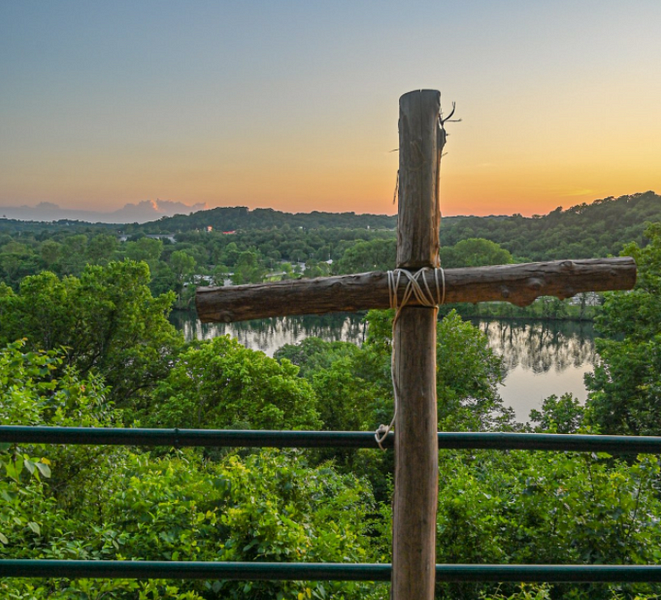

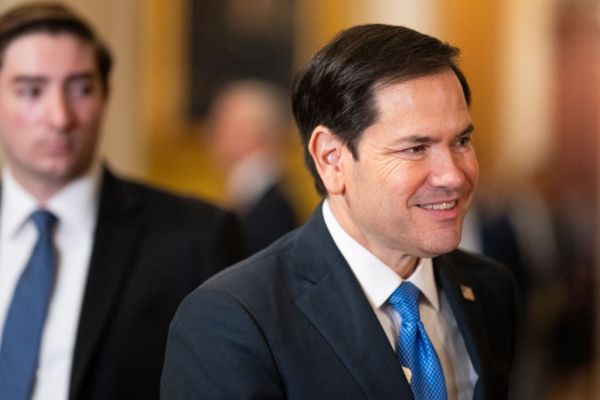
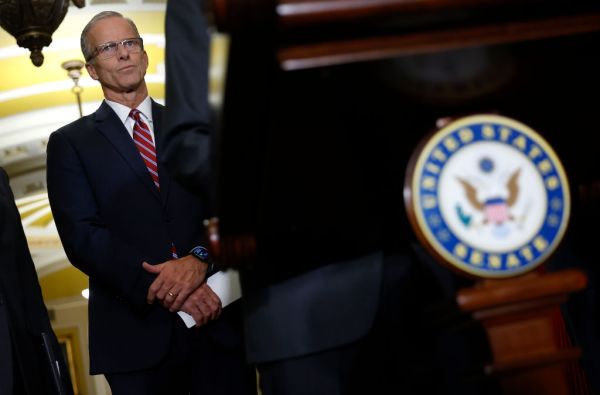
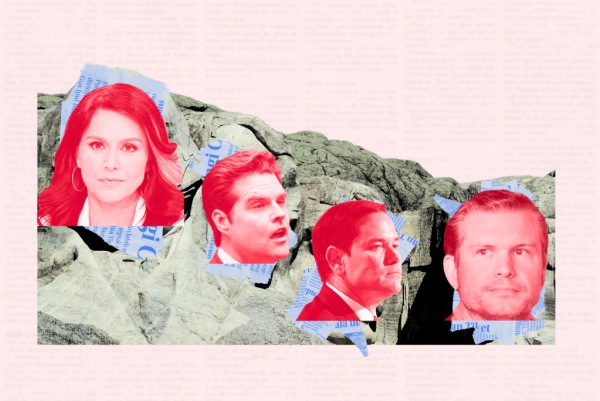
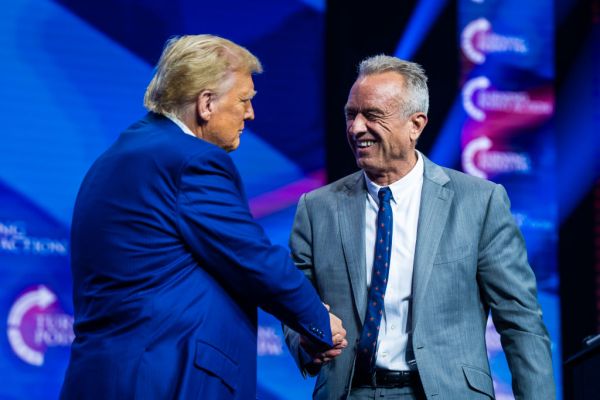
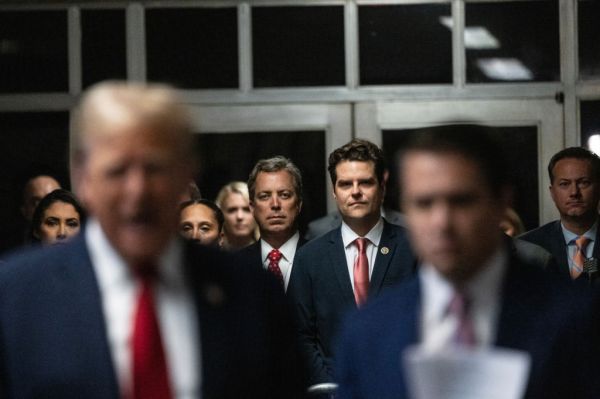

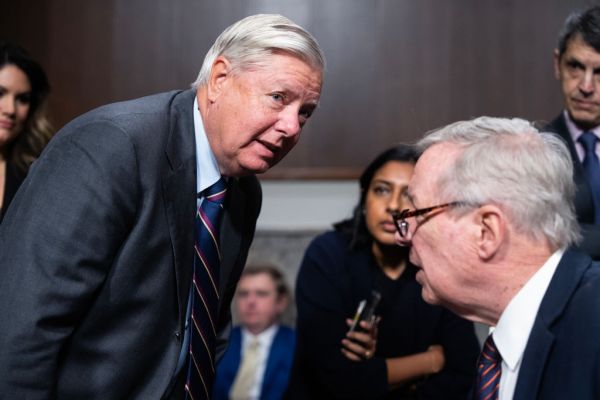
Please note that we at The Dispatch hold ourselves, our work, and our commenters to a higher standard than other places on the internet. We welcome comments that foster genuine debate or discussion—including comments critical of us or our work—but responses that include ad hominem attacks on fellow Dispatch members or are intended to stoke fear and anger may be moderated.
You are currently using a limited time guest pass and do not have access to commenting. Consider subscribing to join the conversation.
With your membership, you only have the ability to comment on The Morning Dispatch articles. Consider upgrading to join the conversation everywhere.